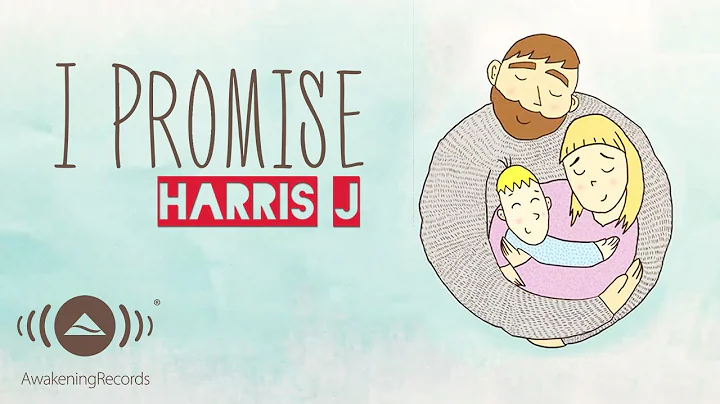我们知道英语中一个句子是不可以出现两个否定形式的(否定词缀除外),这里不讨论方言中以及非标准英语中(尽管在日常生活中常见)出现的双重否定甚至多重否定现象。
让看看到底是怎么回事。

《朗文英语语法》(英 L. G. 亚历山大编著)第554页16.14 否定式之比较:
否定词的位置对“形容词或名词+不定式”的意义同样有很大影响:
I wasn’t sorry to go. 我不后悔离开。(= I went)
I was sorry not to go. 我后悔没走。(= I didn’t go)
It wasn’t a surprise to hear from him.
我收到他的信并不惊讶。(= I heard from him)
It was a surprise not to hear from him.
我没收到他的信使我惊讶。(= I didn’t hear from him)
有时句子的两部分都有否定式,如:I can’t promise not to be late. My car is very unreliable.
我不能保证不迟到。我的汽车非常不可靠。
但通常可以简单地表达如下:I can’t promise to be on time.我不能保证准时。
《大学英语语法——讲座与测试》第五版第834页:
While I admit that the problem is difficult, I don’t think that they can’t be solved.
尽管我承认这个问题很难,但我并不认为无法解决。
【相当于I think that they can be solved,但并没有原句的语气强】
《牛津英语用法指南》(第三版)第549页3
双重否定和多重否定及其意思
一个句子中可以用两个或两个以上的否定词,但每个否定词通常必须具有实际意义。试比较:
Say nothing. (= Be silent.) 别说话。
Don’t just say nothing. Tell us what the problem is. (Don’t be silent…)
不要什么也不说。告诉我们出了什么问题。
为了达到特殊的修辞效果,有时会用多重否定来代替简单的肯定结构。这种用法文学性很强,在英语口语中会显得陈旧或不自然。
Not a day passes when I don’t regret not having studied music in my youth.
没有一天我不后悔年轻的时候没有学音乐。
(比较自然的说法是:Every day I regret not having studied music when I was younger. 或I wish I had studied music when I was younger.)
不建议中高考的学生参照学习以上条目。
2016年10月12日记










![This I Promise You-Nsync [Lyrics] - 天天要闻](https://i.ytimg.com/vi/YAsjd61CTlY/hqdefault.jpg?sqp=-oaymwE2COADEI4CSFXyq4qpAygIARUAAIhCGAFwAcABBvABAfgBvgKAAvABigIMCAAQARgTIEIofzAP&rs=AOn4CLDJGhI52Weigd9J8NxqxlnCRH9IgQ)



![[MAMA 2022] IVE, KEP1ER, NMIXX, LE SSERAFIM, NEWJEANS - 'Cheer Up' Lyrics (Color Coded Lyrics) - 天天要闻](https://i.ytimg.com/vi/emQIKe2tGl8/hq720.jpg?sqp=-oaymwEcCNAFEJQDSFXyq4qpAw4IARUAAIhCGAFwAcABBg==&rs=AOn4CLBitWecJGXwnCsgIXjiSuzCmdM-1w)
![NewJeans在宣布获大赏后全员毫无反应 “你们忘了吗?我们是NewJeans啊”XD| [K-潮流] - 天天要闻](https://i.ytimg.com/vi/VpJrVDAgBLs/hq720.jpg?sqp=-oaymwEcCNAFEJQDSFXyq4qpAw4IARUAAIhCGAFwAcABBg==&rs=AOn4CLAaXE8uvu_gvrtmhqxrfNkwM21qLA)

![[2022 MAMA] IVE&Kep1er&NMIXX&LE SSERAFIM&NewJeans - CHEER UP | Mnet 221129 방송 - 天天要闻](https://i.ytimg.com/vi/d2heDnR3sjc/hq720.jpg?sqp=-oaymwEcCNAFEJQDSFXyq4qpAw4IARUAAIhCGAFwAcABBg==&rs=AOn4CLAaAaOJ1FOuMVt8zl0aAdxxx1s2FQ)

![[2022 MAMA] IVE&Kep1er&NMIXX&LESSERAFIM&NewJeans-ELEVEN+WADADA+O.O+FEARLESS+Hypeboy | Mnet 221129 방송 - 天天要闻](https://i.ytimg.com/vi/IJks7TIDfnk/hq720.jpg?sqp=-oaymwEcCNAFEJQDSFXyq4qpAw4IARUAAIhCGAFwAcABBg==&rs=AOn4CLBY-vECgvowNPEf_1BO1TlRrKZwjw)

